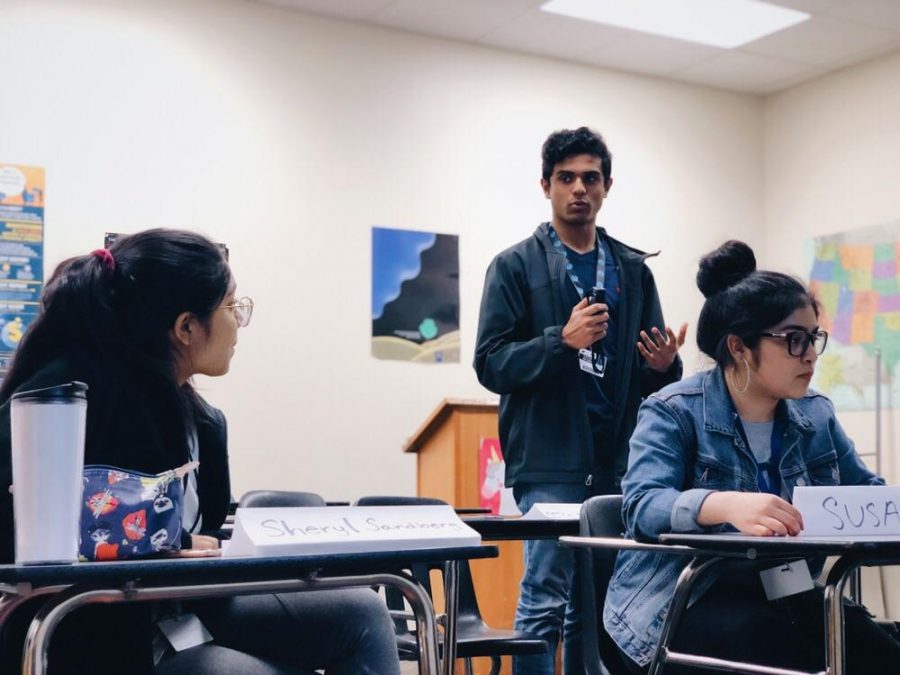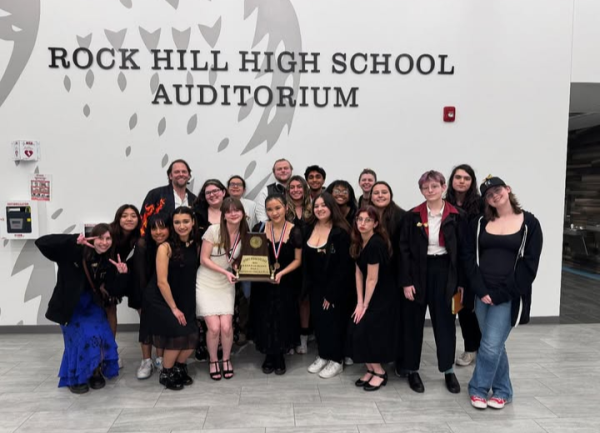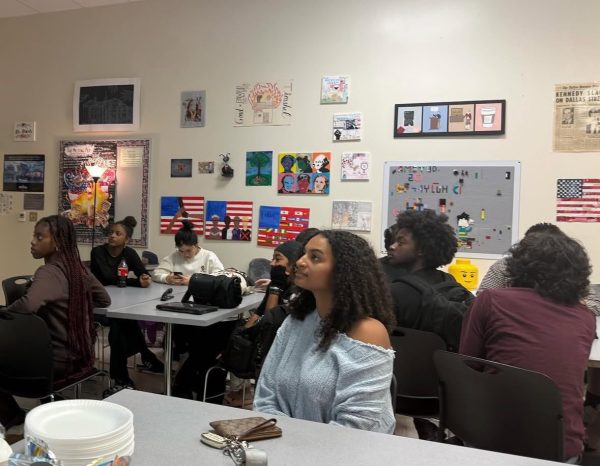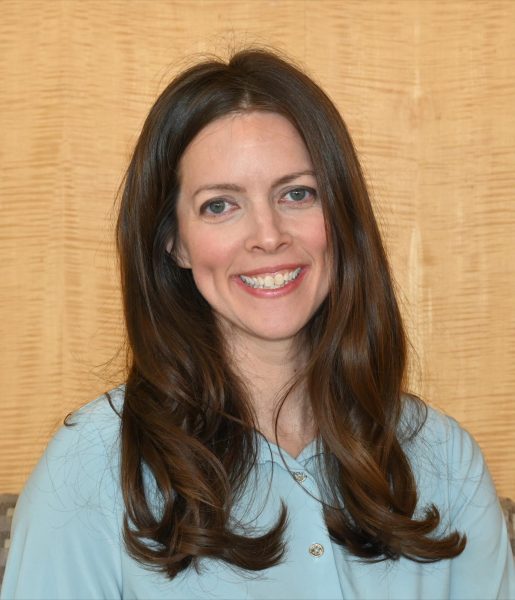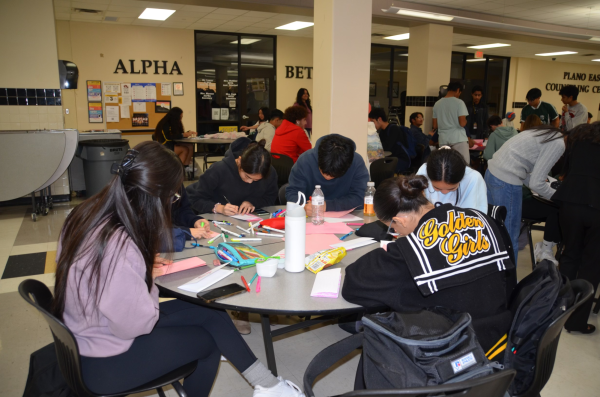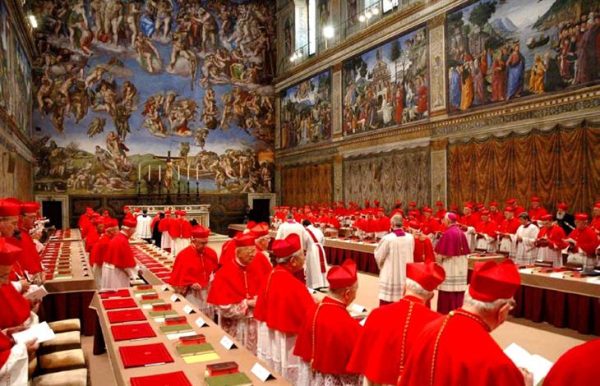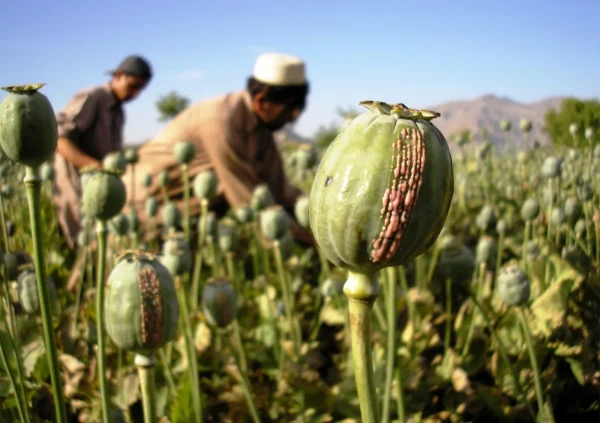Modeling World in Model United Nations
Inquiring about MUN’s achievements, struggles
Sophomore Nayel Nasifa, sophomore Arman Ahmed and senior Lamisa Ali discuss fake news as the Facebook Board of Directors on Feb. 21.
The intensity in the room reaches a peak as the ambassadors of China make the final decision about whether to declare war on India. The ambassadors of India shake in their seats trying to come up with a threat, a deal, anything to stop the potentially catastrophic events that could destroy their country. While the war is not real, and the students, who spend months preparing for Model UN (MUN) conferences, are only roleplaying an ambassador, the competitive environment is real, as schools face off in the hopes of taking home an award.
“We basically replicate the United Nations,” MUN President senior Catherine Vo said. “We prepare the students to debate on their perspective on a topic that they have in their committee. For example, the committee might be the World Health Organization and the student might represent America, and they will have topics to debate about in the perspective of the country they are representing.”
Being in charge of a group of seventeen people can be difficult. Coordinating the financial and planning requirements of going to an overnight conference has been a challenge for the organization. The officers must make food arrangements, book hotels and find parent chaperones, and all without school funding.
“The biggest problem we face in our organization is the funding,” Vice President of MUN Rahul Mandalia said. “We have had to do a lot of fundraisers this year to raise money for these trips, which are very expensive. Without school funding, it is hard to make things work. But with teamwork and collaboration, we have made it through a lot of conflicts throughout the year.”
In MUN, students must debate about topics from the perspective of different people, countries and cultures they have most likely never experienced before. This enables them to develop a multitude of skills.
“The most important lesson is that it expands students’ perspectives,” Vo said. “If they have a topic that was contrary to their own personal perspective, they still have to debate to defend something that they don’t believe in. MUN exposes students to the world and how other countries lead, which causes them to have a more international mindset.”
Going to MUN conferences in cities like Austin and San Antonio has allowed them to bond as a team.
“We feel more like a team this year, like a family,” Treasurer Lamisa Ali said. “We have made a conscious effort to include the delegates in our decisions and to make sure everyone’s voice is heard.”
Despite the challenges and disadvantages they face as a student-sponsored organization, they say the memories they make together, and experiences they gain make participating worth it.
“The biggest learning experience I’ve faced throughout this is being responsible, maintaining everyone’s happiness, and collaborating together because when you have big groups there’s always going to be conflicts between people,” Mandalia said. “We kind of learned to face organization issues which I don’t think we would really learn anywhere else.”



